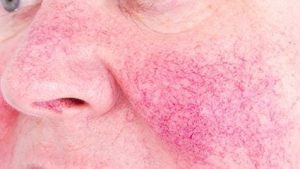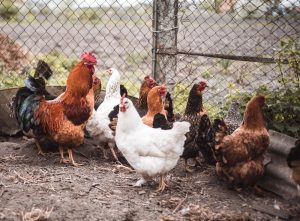
IT DIDN’T TAKE VERY LONG for people to get accustomed to and expect perfect-looking produce. Any product that comes straight from a traditional farm will offer variety in size, shape, and color, but the produce that is mass-produced for grocery stores is a lot more controlled. After all, they do wax up those apples to a gorgeous shine, don’t they?
One company is taking us, quite literally, back to our roots with their “naturally-imperfect produce.” The company is currently only selling the fruit in Canada, but it’s expanding quickly and proving that people really don’t care if their bell pepper looks more like a cauliflower.
A supermarket called Loblaws was the first to introduce the Naturally Imperfect line, offering the cosmetically-unenhanced fruits and vegetables at a discount of up to 30 percent. The items might be undersized, discolored, misshapen, or bruised… but it’s all edible and, according to some, it even tastes better than the “good stuff” we’re generally buying.
Since it first debuted in Loblaws, the line has been selling out everywhere it’s been offered, and other supermarket retailers are getting in on the ugly game.
According to Dan Branson, the senior director of produce at Loblaws:
“It’s something we’ve been working on for the last five to seven years. There were fruits and vegetables that weren’t as pretty but were a great value. Very little was being done with them, often they’d go into processing or get left in the field. We saw this as an opportunity to promote value and make healthy eating accessible to our customers… In some cases people are not buying healthy fruits and vegetables because of cost. I’m happy to say that consumers are voting with their wallets.”
Their overall goal is not to dominate the market with the less good-looking fruit, but to create a way to sell it as well and create less waste. Plus, it’s nice to have price-point options. It’s certainly a move in the right direction towards reeducating people on what food looks like in its natural (and oftentimes healthier) state, and dismantling the pervasive idea that “imperfect” is necessarily equivalent to “bad.”
Now, if we could just convince ourselves that the same principle applies to people, too.
















